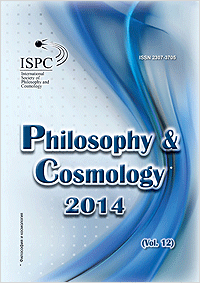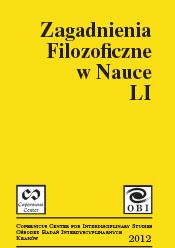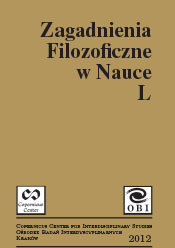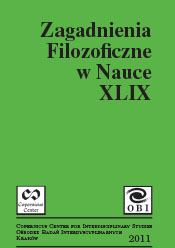
Thermodynamics Optimizes the Physiology of Life
Thermodynamics serves as a basis for optimal solutions of the tasks of physiology, which are solved by organisms in the characteristic process of life: evolution, development, homeostasis, and adaptation. It is stated that the quasi-equilibrium thermodynamics of quasi-closed complex systems serves as an impetus of evolution, functions, and activities of all levels of biological systems’ organization. This fact predetermines the use of Gibbs’ methods and leads to a hierarchical thermodynamics in all spheres of physiology. The interaction of structurally related levels and sub-levels of biological systems is determined by the thermodynamic principle of substance stability. Thus, life is accompanied by a thermodynamic optimization of physiological functions of biological systems. Living matter, while functioning and evolving, seeks the minimum of specific Gibbs free energy of structure formation at all levels. The spontaneous search of this minimum takes place with the participation of not only spontaneous but also non-spontaneous processes, initiated by the surrounding environment. The hormone optimization of the treatment of various pathologies, presented by Dr. Sergey A. Dzugan et al. demonstrates the effectiveness of their innovative medical approach.
More...








